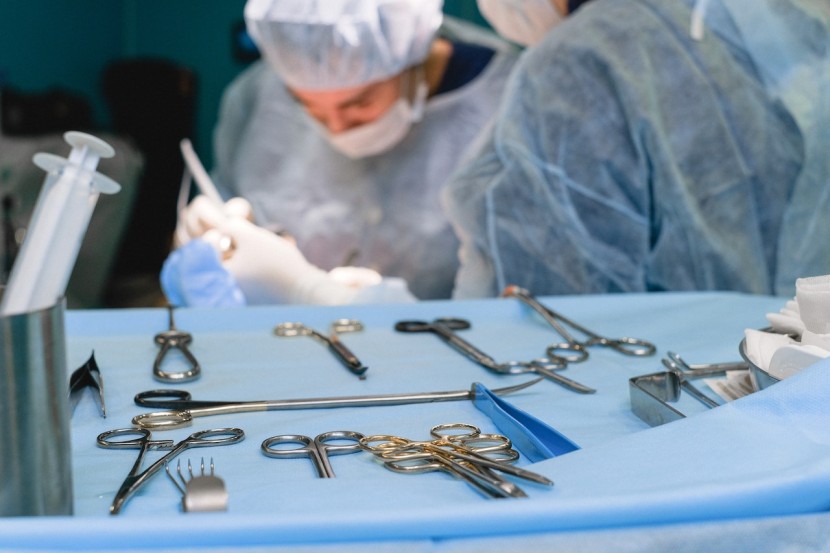The Health and Disability Commissioner of New Zealand discovered a surgical instrument the size of a dinner plate within a woman's belly 18 months after she had given birth through cesarean section.
Prolonged Distress

After the delivery of her child in 2020 at Auckland City Hospital, the woman was found to still have an Alexis retractor, also known as an AWR, within her body.
The AWR is a cylindrical, retractable device with a transparent film used to pull back the borders of a wound during surgery. It can measure 17 centimeters (6 inches) in diameter.
According to CNN, the lady reportedly had been in constant agony for months, prompting her to seek medical attention. Despite many examinations and X-rays, the source of her distress could not be determined.
In 2021, when the agony became intolerable, she sought medical attention at the hospital's emergency room, where an abdominal CT scan revealed an indication of the device. It was immediately removed from her body.
Inadequate Quality of Care
In a report made public on Monday, September 4, New Zealand's Health and Disability Commissioner Morag McDowell found Te Whatu Ora Auckland, the Auckland District Health Board, to be in violation of the code of patient rights.
The health board first argued that the young nurse, who was in her 20s at the time, was present during the cesarean delivery and did not use reasonable skill and care in her treatment of the patient.
According to McDowell's assessment, "The care fell significantly below the appropriate standard in this case and resulted in a prolonged period of distress for the woman. Systems should have been in place to prevent this from occurring."
The report said that the lady had a planned C-section due to placenta previa, a condition that occurs during pregnancy when the placenta totally or partly blocks the entrance of the uterus.
BBC said that since the tool is "non-radio-opaque," it means that X-ray machines are unable to detect it.
McDowell suggested that the Auckland District Health Board issue a formal written apology to the lady and alter its policy to include AWRs as part of the surgical count.
The matter has also been sent to the director of proceedings, who will decide what if any, additional action is required.
The medical center's director of operations at Auckland's Te Whatu Ora Hospital, Dr. Mike Shepherd, issued a public statement of regret for the error.
"On behalf of our Women's Health service at Te Toka Tumai Auckland and Te Whatu Ora, I would like to say how sorry we are for what happened to the patient, and acknowledge the impact that this will have had on her and her whānau [family group]." To reassure the public, "We remain confident in the quality of our surgical and maternity care," the hospital said.








